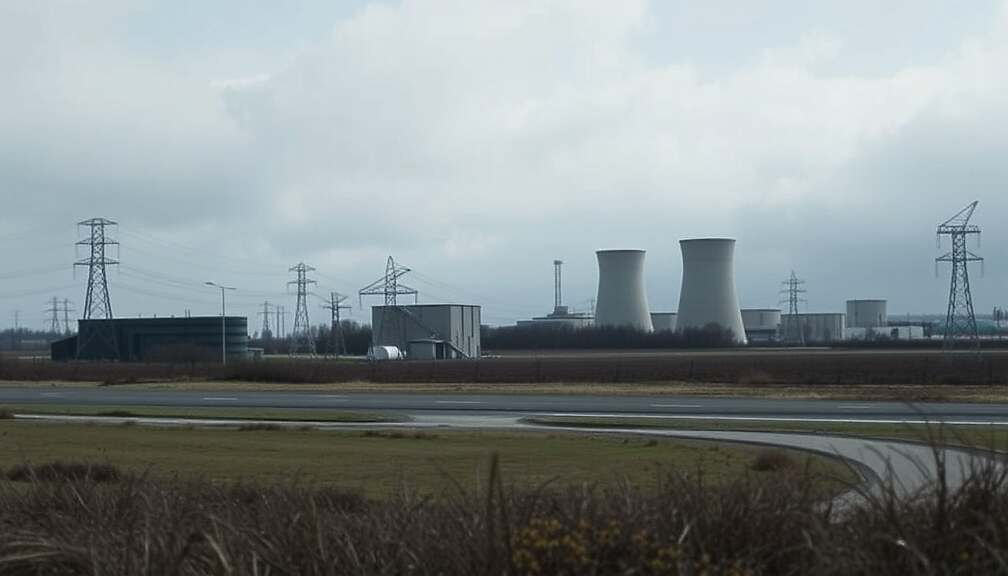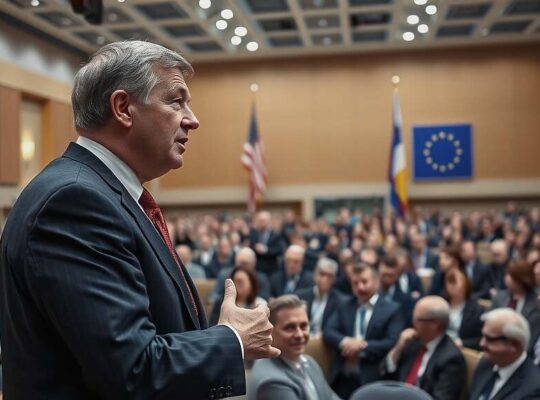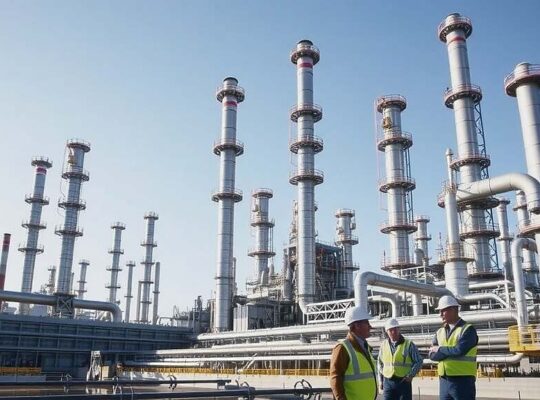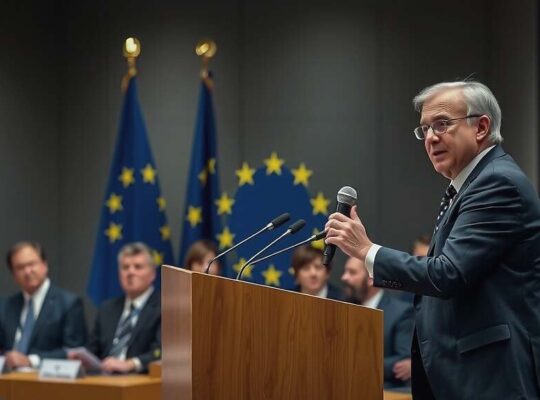A subtle shift is occurring within German energy policy, fueled by both geopolitical realities and technological advancements, according to the head of the International Atomic Energy Agency (IAEA), Rafael Mariano Grossi. Following discussions with German Economy Minister Katheine Reiche at the recent G7 energy ministerial meeting in Toronto, Grossi expressed his expectation that Germany is seriously re-evaluating its nuclear phase-out, hinting at a potential return to the technology.
Grossi’s observation positions Germany as a nation grappling with a strategic dilemma. While maintaining its commitment to renewable energy, Germany faces escalating concerns about energy security and the reliability of its power grid, particularly in light of the ongoing conflict in Ukraine and its impact on natural gas supplies. The IAEA chief suggested Germany is now considering a return, not through the construction of large-scale nuclear power plants deemed financially unfeasible, but through a focus on smaller, modular reactors (SMRs) and the promising, albeit still nascent, field of fusion energy.
The implication is a potential realignment of Germany’s energy strategy, one that acknowledges the crucial role nuclear technology could play in bridging the gap towards a fully decarbonized future. This represents a delicate balancing act for Chancellor Scholz’s government, complicated by the deeply ingrained public anxieties surrounding nuclear power stemming from historical events and the ongoing storage of radioactive waste.
Economic Minister Reiche has previously highlighted the importance of engaging with SMR technologies, emphasizing that failing to do so would represent a missed opportunity for Germany to maintain its technological leadership. The government has also launched an action plan for fusion energy, demonstrating a clear intention to pursue this futuristic power source.
However, the official line from the German Economy Ministry paints a different picture. A ministry spokesperson emphatically denied any plans to resurrect nuclear power generation, dismissing Grossi’s comments as reflections of personal conversations and refusing further elaboration. This official denial introduces an element of political maneuvering, creating uncertainty about the government’s true intentions and potentially signaling a desire to manage public perception while quietly exploring alternative scenarios.
The discrepancy between Grossi’s assessment and the Ministry’s statement raises critical questions about the level of transparency surrounding Germany’s energy policy deliberations. While the government publicly maintains its commitment to the nuclear phase-out, the IAEA’s cautious optimism, coupled with Reiche’s signals, suggest a more complex and potentially transformative shift taking shape behind the scenes. The question remains whether the pragmatism required to secure Germany’s energy future will ultimately outweigh the political sensitivities surrounding nuclear technology.












